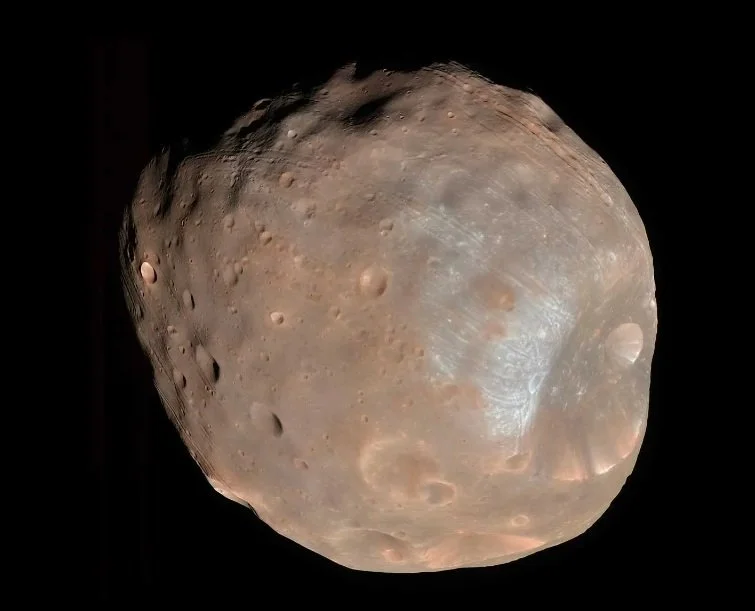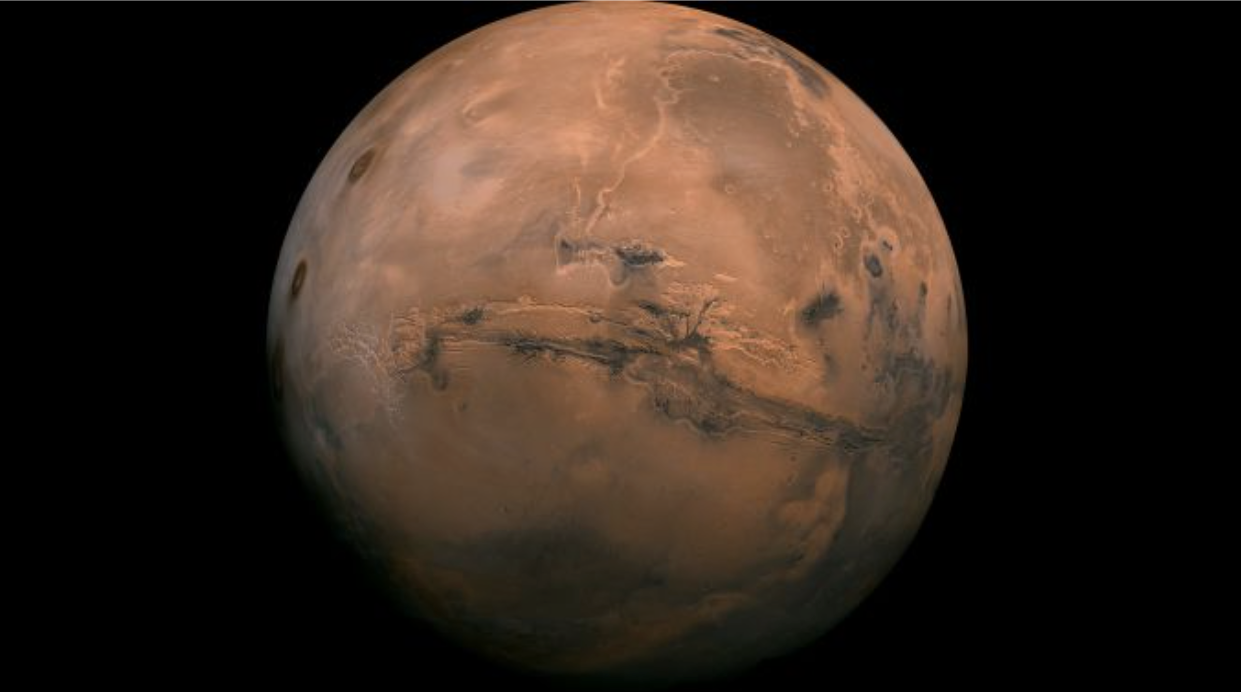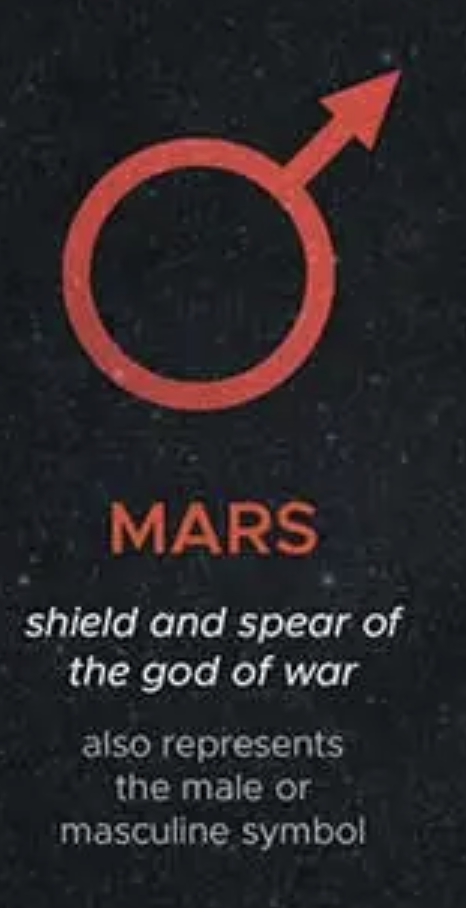Planet Mars
The Discovery of Mars: A Celestial Mystery
Unlike faraway objects such as Neptune or Pluto, Mars wasn’t "discovered" in the same way, because it has been visible to the naked eye since ancient times. Ancient civilizations like the Egyptians and Greeks were already observing the reddish object in the sky, each having their own name for it. The Greeks called it Ares after their god of war, while the Romans named it Mars, which has stuck to this day. Its official year of discovery isn’t marked like those of planets found with telescopes, because our ancestors didn’t have to discover it—it was always there, winking at us from the night sky!
Mars by the Numbers: Fast Facts
- Diameter: Mars has a diameter of about 6,779 kilometers (4,212 miles). That's about half the diameter of Earth, making it the second smallest planet in our solar system after Mercury.
- Gravity: If you weigh 100 pounds on Earth, you'd only weigh 38 pounds on Mars! That’s because Mars has only about 38% of Earth's gravity.
- Days and Years: A day on Mars, known as a sol, is just a little longer than an Earth day, at 24 hours and 39 minutes. However, Mars takes its sweet time orbiting the Sun - a Martian year is 687 Earth days long.
- Temperature: Pack your space-suit heater! Mars can get chilly, with average temperatures around minus 80 degrees Fahrenheit (minus 60 degrees Celsius). Though, it can get up to a balmy 70 degrees Fahrenheit (20 degrees Celsius) at its equator during midday.
- Moons: Mars has two small moons, Phobos and Deimos. They're thought to be captured asteroids and are shaped more like potatoes than your typical moon.
Red Planet: Why So Red?
Have you ever wondered why Mars is called the Red Planet? Well, the secret lies in its soil! The surface of Mars is covered in iron oxide, more commonly known as rust, which gives it that signature reddish hue. When the Sun's rays touch Mars' surface, they reflect off the rusty dust, making Mars appear red even from Earth. So, in a way, Mars is the rusty, trusty member of our solar system family.
Martian Chronicles: Robots on Mars
Humans haven’t set foot on Mars (yet!), but we've sent robotic ambassadors to explore the planet for us. These robots, called rovers, trundle across the Martian landscape, taking pictures, sampling rocks, and even looking for signs of past water and life. Notable rovers include Spirit, Opportunity, Curiosity, and the latest, Perseverance, which landed on Mars with a little helicopter buddy named Ingenuity.
Life on Mars? The Big Question
One of the biggest questions in science is: "Has there ever been life on Mars?" While we haven't found little green men or Martian microbes yet, Mars has giant volcanoes, deep canyons, ancient riverbeds, and ice caps, which suggest it might have had the right conditions for life long ago. Scientists are on the case, so stay tuned!
The Future of Martian Exploration
Mars is the next frontier for human space exploration. NASA, SpaceX, and other space agencies and companies around the world are racing to send the first humans to Mars, possibly within your lifetime
Mars Mythology
Mars, the Roman god of war, was a powerful and influential figure in ancient mythology. Known as the counterpart to the Greek god Ares, Mars was often depicted as a fierce and formidable warrior, wielding a spear and wearing a helmet. He was also associated with agriculture, fertility, and the protection of Rome.
According to myth, Mars was the son of Jupiter, the king of the gods, and Juno, the queen of the gods. He was also the lover of Venus, the goddess of love and beauty, and their passionate affair was a popular subject in art and literature.
Mars was revered and honored by the ancient Romans, who believed that his favor was crucial for success in battle and for the prosperity of their crops. They celebrated festivals and sacrifices in his honor, and his influence extended to various aspects of Roman life, including politics and military strategy.
In addition to his role as a god of war, Mars was also associated with the founding of cities and the establishment of laws. The month of March, which is named after him, was considered an auspicious time for military campaigns and the beginning of new ventures.
Overall, Mars was a complex and multifaceted figure in Roman mythology, embodying both the destructive and creative aspects of war and power. His influence extended far beyond the battlefield, making him a central figure in the religious and cultural life of ancient Rome.
Mars In Astrology
Mars is the fourth planet from the Sun in our solar system and is often referred to as the "Red Planet" due to its reddish appearance.
In astrology, Mars is known as the planet of action, energy, and desire. It rules over our physical strength, courage, and drive to pursue our goals.
Mars is known as the planet of action, energy, and desire. It rules over our physical energy, drive, ambition, and how we assert ourselves in the world. Mars is associated with our basic instincts, aggression, and our ability to take risks and pursue our goals.
Mars also represents our sexuality and how we express our desires and passions. It rules over our physical strength and vitality, as well as our ability to stand up for ourselves and defend our boundaries. Mars is often linked to the warrior archetype, symbolizing courage, determination, and the willingness to fight for what we believe in.
In a natal chart, the placement of Mars can reveal a lot about a person's approach to life and how they go after what they want. For example, someone with Mars in Aries may be impulsive, assertive, and quick to take action, while someone with Mars in Taurus may be more patient, persistent, and focused on long-term goals.
Mars is associated with the sign of Aries, which is a fiery and assertive sign that embodies the warrior spirit. As the ruler of Aries, Mars is all about taking initiative and being proactive in our pursuits. It encourages us to be bold, fearless, and passionate in our endeavors.
In Medical Astrology, Mars is linked to the head, muscles, and adrenal glands. A strong Mars in the natal chart can indicate good physical health and vitality, while a challenged Mars may manifest as issues with inflammation, headaches, or accidents.
Astropsychology views Mars as the planet of aggression and assertiveness, representing our primal instincts and how we assert ourselves in the world. It can also reveal our competitive nature and how we handle conflict and challenges.
Mars represents our inner fire and drive to succeed, as well as our ability to overcome obstacles and challenges in order to achieve our desires. It encourages us to be bold, assertive, and proactive in pursuing our goals and living life to the fullest.
Overall, Mars is a powerful force that drives us to take action, stand up for ourselves, and pursue our desires with passion and determination. Embracing the energy of Mars can help us tap into our inner strength and courage to overcome obstacles and achieve our goals.
Mars Interpretations
Click On Images To View Adventures Interpretations For Birth Charts, Transit Charts and More!












